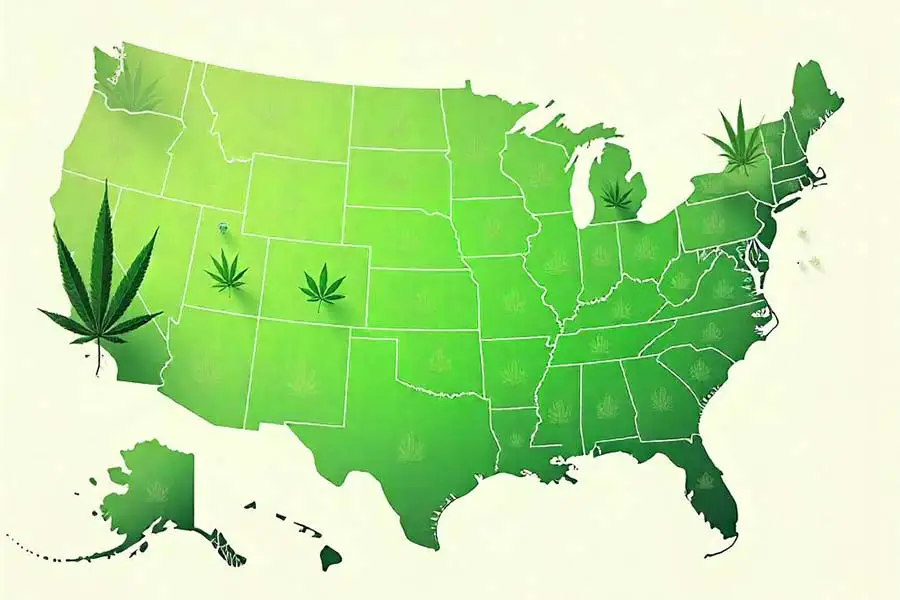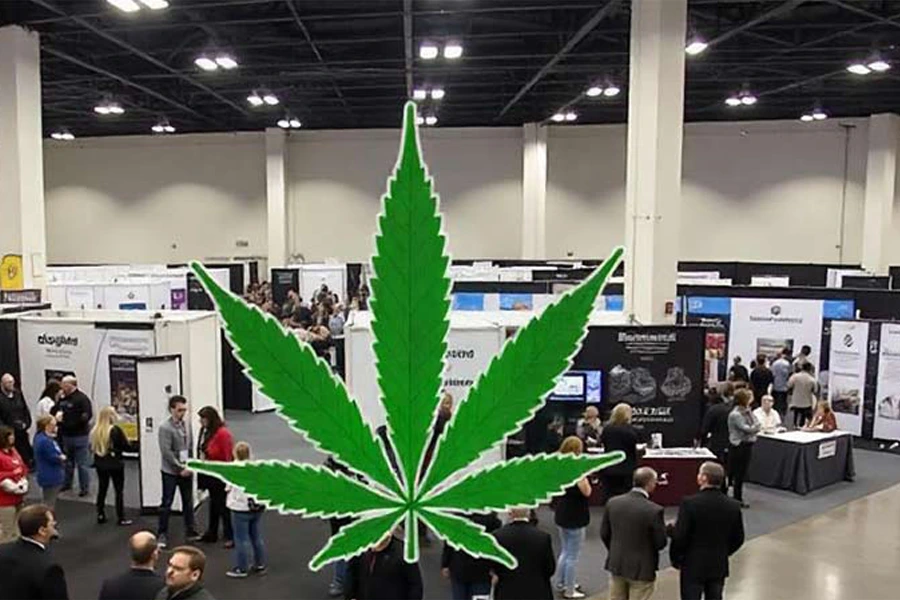Cannabis Reclassification: What the Upcoming DEA Hearing Could Mean for Consumers
Initiated by the Joe Biden administration (while in office), the push for cannabis reform has led to a proposed shift in federal policy. The Department of Justice has recommended the reclassification of cannabis from a Schedule I drug to a Schedule III substance.
For consumers and businesses alike, this change could bring transformative benefits. Let us explore the implications of cannabis reclassification and its potential impact on accessibility, costs, and public perception.
The Hearing's Symbolic Timing
The DEA’s hearing aligns closely with Martin Luther King Jr. Day, celebrated just one day earlier. This timing underscores the broader social justice implications of cannabis reform, particularly for communities disproportionately affected by outdated drug policies. Reclassification could address long-standing racial disparities in cannabis-related arrests and convictions.
Advocates see this as a step toward restorative justice, potentially paving the way for expunging nonviolent cannabis-related offenses and fostering equity in cannabis access.
This potential reform comes at a time when King’s legacy of equity and justice remains as relevant as ever, offering a chance to align cannabis policy with the broader goal of fairness in society.
Schedule I vs. Schedule III: What’s the Difference?
Currently, cannabis is classified as a Schedule I substance alongside heroin and LSD, indicating a high potential for abuse and no accepted medical use.
Schedule III substances, such as ketamine and anabolic steroids, are recognized to have medical benefits and lower abuse potential.
Reclassifying cannabis to Schedule III would reflect its acknowledged therapeutic uses and could ease legal and research restrictions.
What Cannabis Reclassification Means for Consumers
1. Increased Accessibility
Moving cannabis to Schedule III could ease federal restrictions on its distribution, making it more accessible for both medical and recreational users.
For patients, this may mean easier access through healthcare providers and pharmacies.
2. Lower Costs
Reclassification could reduce the tax burdens faced by cannabis businesses under Section 280E of the Internal Revenue Code. These savings might result in lower prices for consumers and help combat the black market by offering affordable legal options.
3. Expanded Research Opportunities
Under Schedule I, cannabis research faces significant bureaucratic barriers. Reclassification would streamline research approvals, enabling scientists to explore its medical benefits and potential risks, potentially leading to advanced cannabis-based treatments.
4. Reduced Stigma
Cannabis reclassification could help shift public perception, framing it as a substance with recognized medical benefits. This change might encourage more open conversations and reduce the societal stigma surrounding cannabis use.
5. State-by-State Legal Variability
While federal reclassification would be a milestone, state laws will continue to govern cannabis possession, distribution, and use. Consumers must stay informed about their state’s specific regulations.
The Role of the DEA
The DEA’s role is central to the reclassification process. Following recommendations from health agencies like the Department of Health and Human Services (HHS), the DEA must weigh the evidence and decide whether cannabis’ medical benefits justify its rescheduling.
While federal agencies have shown increasing support for reclassification, the DEA’s decision will ultimately determine the extent of the changes.
Arguments For and Against Cannabis Reclassification
Proponents’ Perspective
⦁ Medical Benefits: Cannabis has proven effective for conditions like chronic pain, epilepsy, and multiple sclerosis.
⦁ Economic Growth: Reclassification could boost tax revenue, create jobs, and reduce law enforcement costs.
⦁ Social Justice: Addressing inequities in cannabis enforcement could pave the way for expungements and fairness.
Opponents’ Perspective
⦁ Risk of Abuse: Concerns persist about potential misuse, particularly among young people.
⦁ Pharmaceutical Influence: Critics fear large companies might monopolize the market, limiting access to natural cannabis.
⦁ Regulatory Challenges: Adjusting existing laws and systems could create confusion and delays.
What to Watch as the Hearing Approaches
⦁ DEA Announcements: Updates from the DEA will clarify the timeline and next steps.
⦁ State Responses: Changes at the federal level may prompt states to adjust their regulations.
⦁ Legislative Action: Congress might introduce bills to address tax, banking, and regulatory issues.
⦁ Industry Shifts: Expect new products, services, and pricing strategies as businesses adapt.
A Broader Shift in Society
Reclassifying cannabis could create ripple effects across society, from economic growth and social justice reforms to cultural shifts in perception.
Economic Growth
Reclassification could fuel industry expansion, generating new jobs and increasing tax revenue.
Restorative Justice
Communities disproportionately affected by cannabis laws may see relief through reduced penalties and record expungements.
Dollar bill with a cannabis shadow. What economic changes could cannabis reclassification bring?This potential reform comes at a time when King’s legacy of equity and justice remains as relevant as ever, offering a chance to align cannabis policy with the broader goal of fairness in society.
Global Influence
The U.S. decision could inspire other nations to reevaluate their cannabis policies, fostering international collaboration on research and regulation.
Conclusion
Cannabis reclassification represents a potential turning point for consumers, businesses, and society at large. While challenges remain, the benefits of accessibility, reduced stigma, and expanded research opportunities are undeniable. As the Trump administration takes office, it remains to be seen how they will address the scenario.



